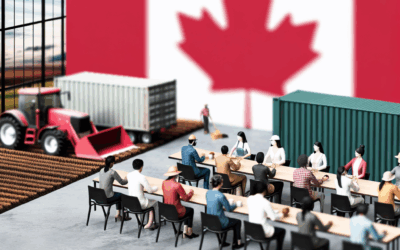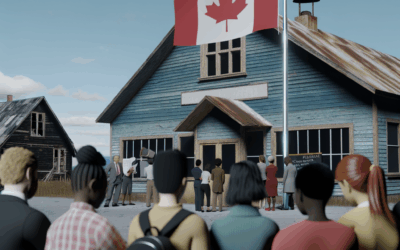Canada’s defense spending and its commitments to NATO have long been topics of significant debate and scrutiny. As a founding member of the North Atlantic Treaty Organization (NATO), Canada plays a crucial role in maintaining global security and upholding the alliance’s collective defense principles. However, the country has faced criticism for not meeting the NATO defense spending target of 2% of GDP, raising questions about its dedication to the alliance’s goals. This article delves into Canada’s defense budget, its contributions to NATO missions, the geopolitical implications of its spending decisions, and the challenges it faces in balancing domestic priorities with international obligations. By exploring these aspects, we aim to provide a comprehensive understanding of Canada’s role in global defense and its future trajectory within NATO.
Canada’s Defense Budget: A Closer Look
Canada’s defense budget has been a point of contention for years. While the country has increased its military spending in recent years, it still falls short of NATO’s 2% GDP target. The budget is primarily allocated to personnel, equipment modernization, and operational costs. However, critics argue that the current funding levels are insufficient to address emerging threats, such as cyber warfare and Arctic security. The government has emphasized the need for a balanced approach, ensuring that defense spending aligns with broader economic and social priorities. Despite these challenges, Canada has made strides in modernizing its armed forces, investing in new technologies and infrastructure to enhance its military capabilities.
Canada’s Contributions to NATO Missions
Canada has a long history of active participation in NATO missions, demonstrating its commitment to collective defense. From peacekeeping operations in the Balkans to combat missions in Afghanistan, Canadian forces have played a vital role in maintaining global stability. More recently, Canada has contributed to NATO’s Enhanced Forward Presence in Eastern Europe, aimed at deterring Russian aggression. Additionally, the country has supported NATO’s training missions in Iraq and participated in maritime security operations in the Mediterranean. These contributions highlight Canada’s willingness to share the burden of global security, even as it grapples with budgetary constraints.
Geopolitical Implications of Defense Spending
Canada’s defense spending decisions have far-reaching geopolitical implications. Falling short of the NATO target has led to criticism from allies, particularly the United States, which has urged Canada to increase its contributions. This has strained bilateral relations and raised concerns about Canada’s reliability as a partner. On the other hand, Canada’s focus on domestic priorities, such as healthcare and infrastructure, reflects the government’s commitment to addressing the needs of its citizens. Balancing these competing demands is a complex task, requiring careful consideration of both national and international interests. The geopolitical landscape continues to evolve, and Canada’s defense spending will play a critical role in shaping its position on the global stage.
Challenges in Meeting NATO Commitments
Meeting NATO’s defense spending target presents several challenges for Canada. The country’s vast geography and relatively small population make it difficult to allocate sufficient resources to defense. Additionally, public opinion on military spending is divided, with some advocating for increased investment in social programs. The government must also navigate the complexities of procurement processes, which often face delays and cost overruns. These challenges underscore the need for a strategic approach to defense planning, one that balances immediate needs with long-term goals. While progress has been made, there is still much work to be done to ensure that Canada meets its NATO commitments.
The Future of Canada’s Role in NATO
Looking ahead, Canada’s role in NATO will depend on its ability to address the challenges of defense spending and modernization. The government has outlined plans to increase military investment, but these efforts must be sustained over the long term. Strengthening partnerships with allies and leveraging new technologies will be key to enhancing Canada’s military capabilities. Additionally, the country must continue to play an active role in NATO missions, demonstrating its commitment to collective security. As global threats evolve, Canada’s ability to adapt and respond will be critical to maintaining its position as a trusted and reliable member of the alliance.
In conclusion, Canada’s defense spending and NATO commitments are complex issues that require careful consideration of both national and international priorities. While the country has made significant contributions to NATO missions, it continues to face challenges in meeting the alliance’s defense spending target. Balancing domestic needs with global obligations is no easy task, but it is essential for Canada to maintain its role as a key player in international security. By investing in modernization, strengthening partnerships, and addressing procurement challenges, Canada can enhance its military capabilities and uphold its commitments to NATO. As the geopolitical landscape evolves, Canada’s ability to adapt will be crucial in shaping its future within the alliance and ensuring global stability.



